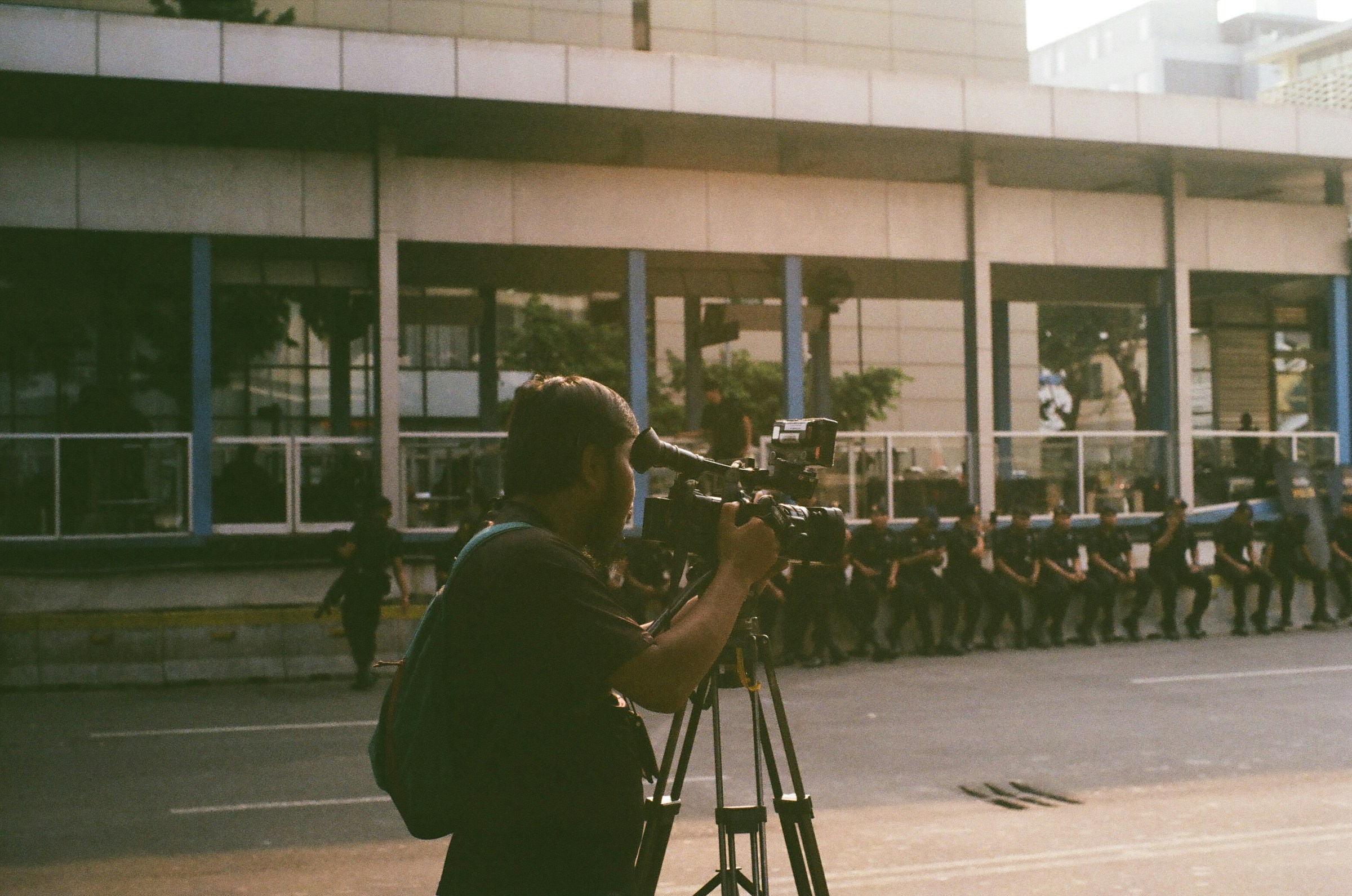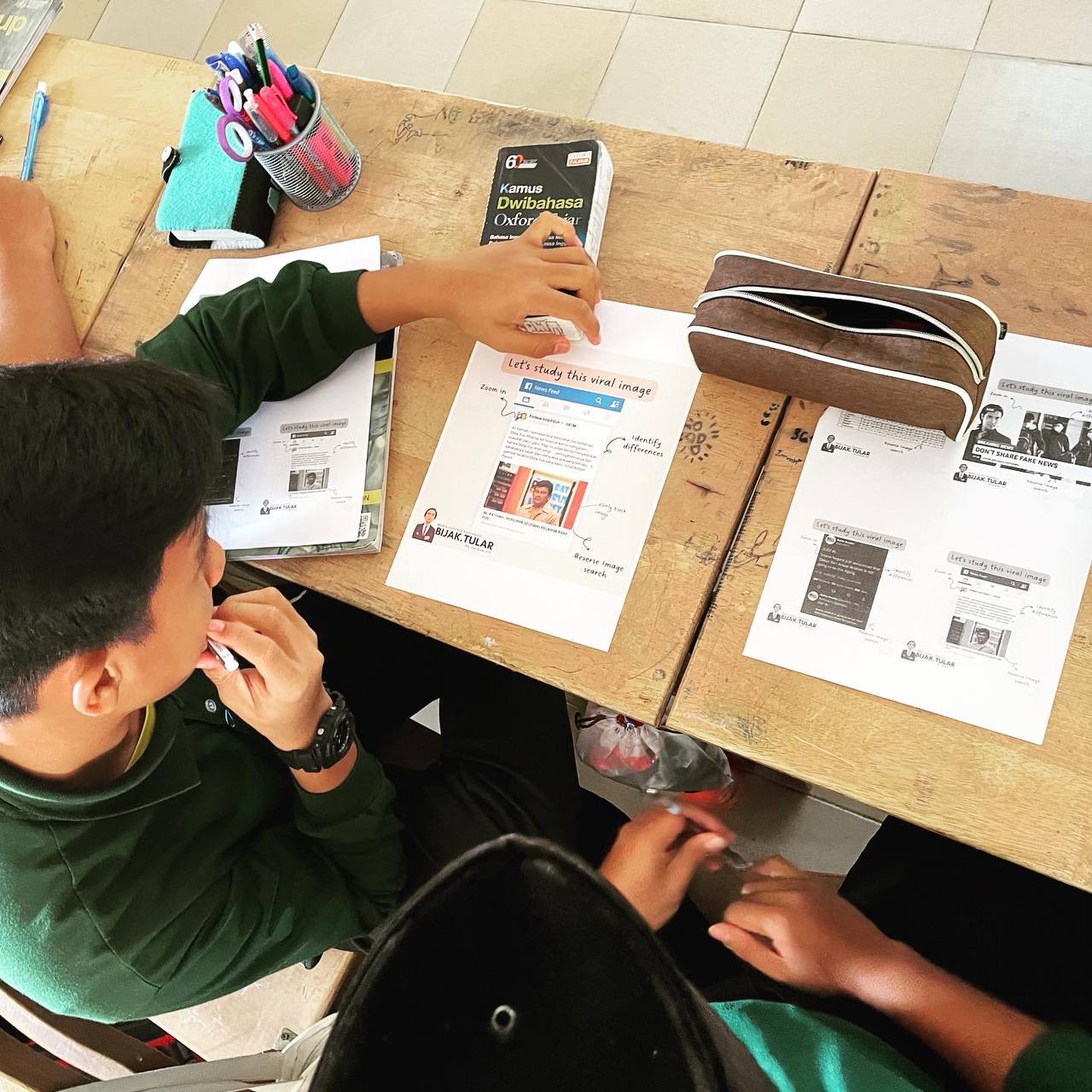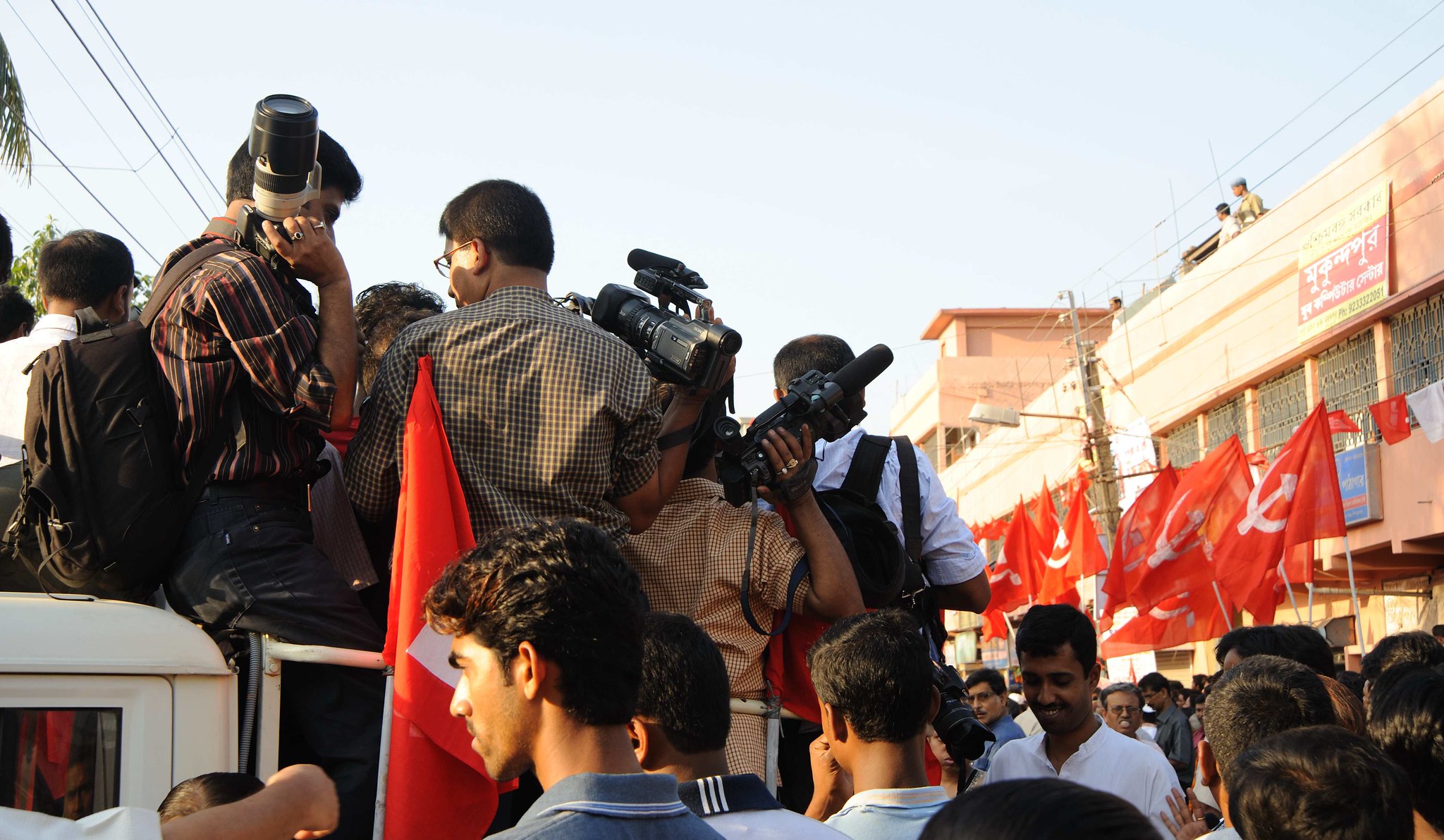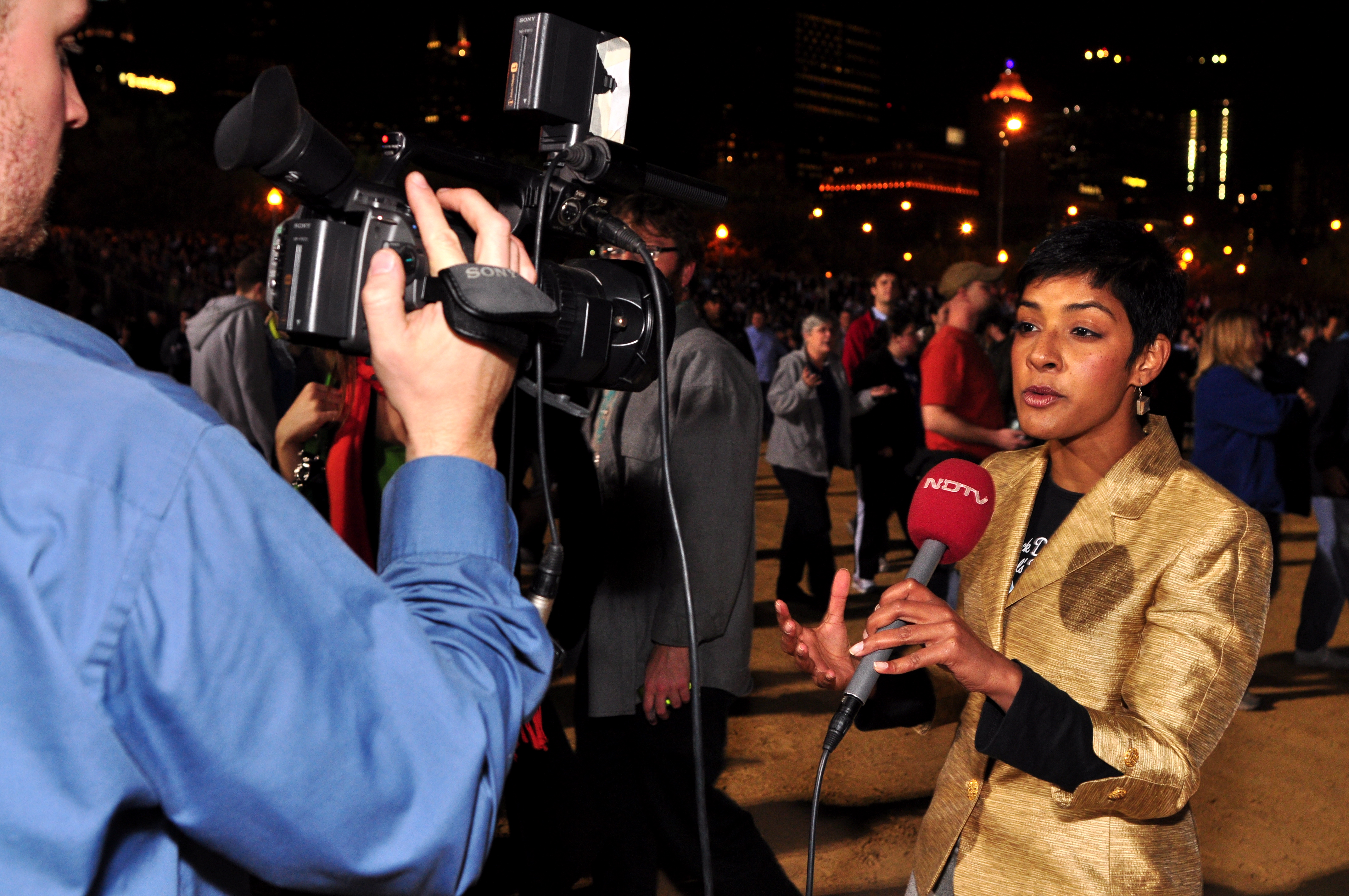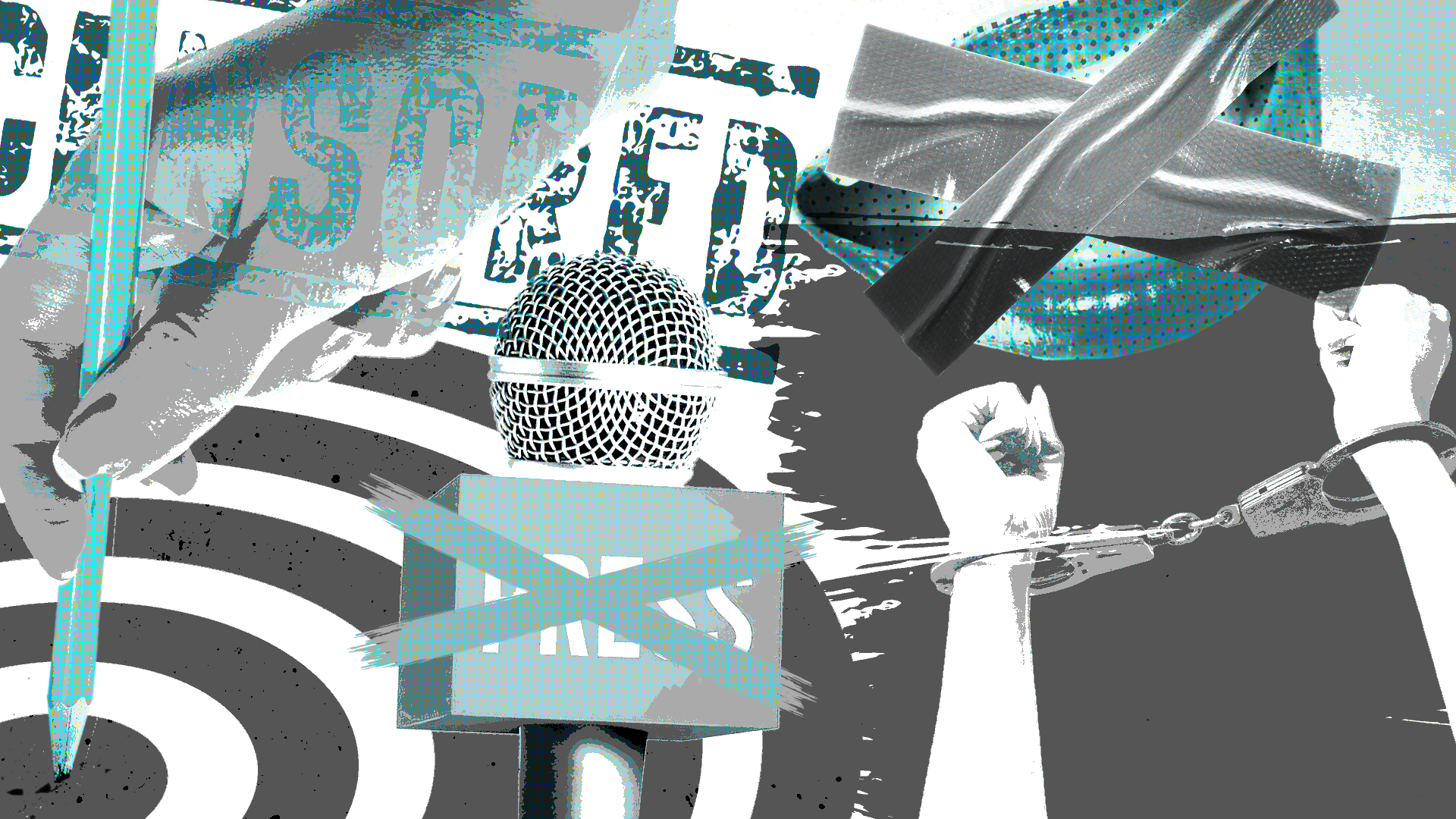Without relying on the media to put them in good light, politicians are finding ways to influence people through digital astroturfing.
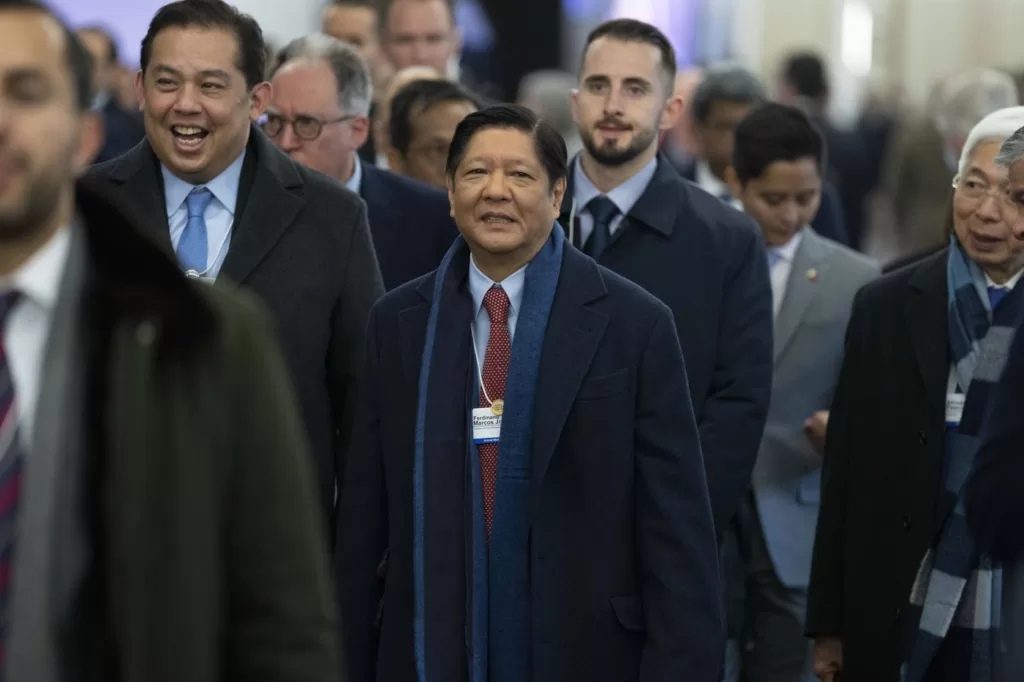 The Marcos’ family’s return to power was strongly attributed to a well-crafted social media campaign that focused on changing the historical narrative of the Marcos regime. : World Economic Forum/Pascal Bitz CC BY-NC-SA 2.0
The Marcos’ family’s return to power was strongly attributed to a well-crafted social media campaign that focused on changing the historical narrative of the Marcos regime. : World Economic Forum/Pascal Bitz CC BY-NC-SA 2.0
Without relying on the media to put them in good light, politicians are finding ways to influence people through digital astroturfing.
In 2022, Ferdinand “Bongbong” Marcos Jr won the Philippines presidential election and became its 17th president. His win was celebrated despite the fact his father, Ferdinand Marcos Sr was overthrown by the People Power Revolution in 1986 after 20 years of dictatorship.
The Marcos family’s return to power was strongly attributed to a well-crafted social media campaign that focused on changing the historical narrative of the Marcos regime. Marcos Jr targeted younger voters who never experienced his father’s martial law, focusing on whitewashing his father’s crimes and reframing many of his oppressive policies as being beneficial to the public.
Philippines media outlet Rappler took extraordinary steps to highlight Marcos’s sophisticated social media campaign. While it was unsuccessful in preventing his win, the new administration was not happy with Rappler. The media outlet is still under scrutiny after the Duterte regime tried to ban the outlet. But early this year, the Philippine court acquitted the media outlet of tax evasion.
The Marcos campaign is an example of digital astroturfing, a campaign technique that’s becoming more commonplace in politics around the world. It involves the rich and powerful manipulating the algorithms of social media to present whatever narrative they desire. It is a strategy by established, politically motivated groups (such as corporations, interest groups, and politicians) to impersonate grassroots activist movements for political gain.
The Rappler case shows that media outlets are in the perfect position to properly monitor and investigate such schemes.
A similar astroturfing campaign was launched by former Malaysian Prime Minister Najib Razak, who lost the 2018 general elections as a result of the 1MDB scandal. Many expected him to fade into obscurity as corruption charges started to mount against him.
But, in 2019, he started an ingenious campaign to rewrite his public image called “Malu Apa Bossku” (Why the shame, boss?). The campaign focused on painting Najib as a man of the people (despite him being the son of a former prime minister, Abdul Razak Hussein) and he managed to amass a large following which he continues to enjoy despite finally being charged and sentenced to 12 years in prison for corruption in 2022. The start of the campaign was also engineered with a social media campaign that mimicked grassroots support that eventually translated into reality as he began to command large crowds at any public event that he attended.
On a larger scale, this kind of information operation is also used by political parties and their affiliates to influence public perspectives and opinions on various issues. This is done through a coordinated use of fake social media accounts and content farms. The content farms manufacture disinformation or political propaganda that is then distributed, disseminated and propagated through their network of inauthentic accounts. The goal behind this is to distort public opinion on social media as they can artificially boost support for specific political figures, campaigns and rhetoric.
With people being more connected through social media, their worldviews are easily influenced by what they see online. Social media and its AI-powered algorithms curate each person’s feeds and these systems are easily manipulated (which was first exposed in the Cambridge Analytica scandal). The naturalistic and targeted nature of social media feeds often gives people the false impression that social media is representative of ‘popular’ public opinion.
In most situations, digital astroturfing efforts are seen as antagonistic actions; trolls that attack political opponents through insults or disinformation. But there have been instances in the region where more positive and less direct actions are used such as the Indonesian buzzers.
Buzzers are a form of astroturfing but it is used in a seemingly more ‘positive’ and less controversial fashion. Buzzers promote political issues positively and seek to control public opinion by overwhelming public discourse with mainly positive and supportive perspectives on a topic. Their use of misinformation or other more negative forms of influence is more limited as their focus is on offering political insider perspectives. Buzzers can easily argue that they are expressing personal opinions and are not antagonising their opponents and thus are seen as ‘clean’ and acceptable.
There is no standardised formal method to fight back against digital astroturfing efforts. As many of these efforts can be veiled as individuals exercising their freedom of speech to engage in political discussions online (even using fake accounts), regulation of these activities can be challenging for fear of regulatory overreach.



